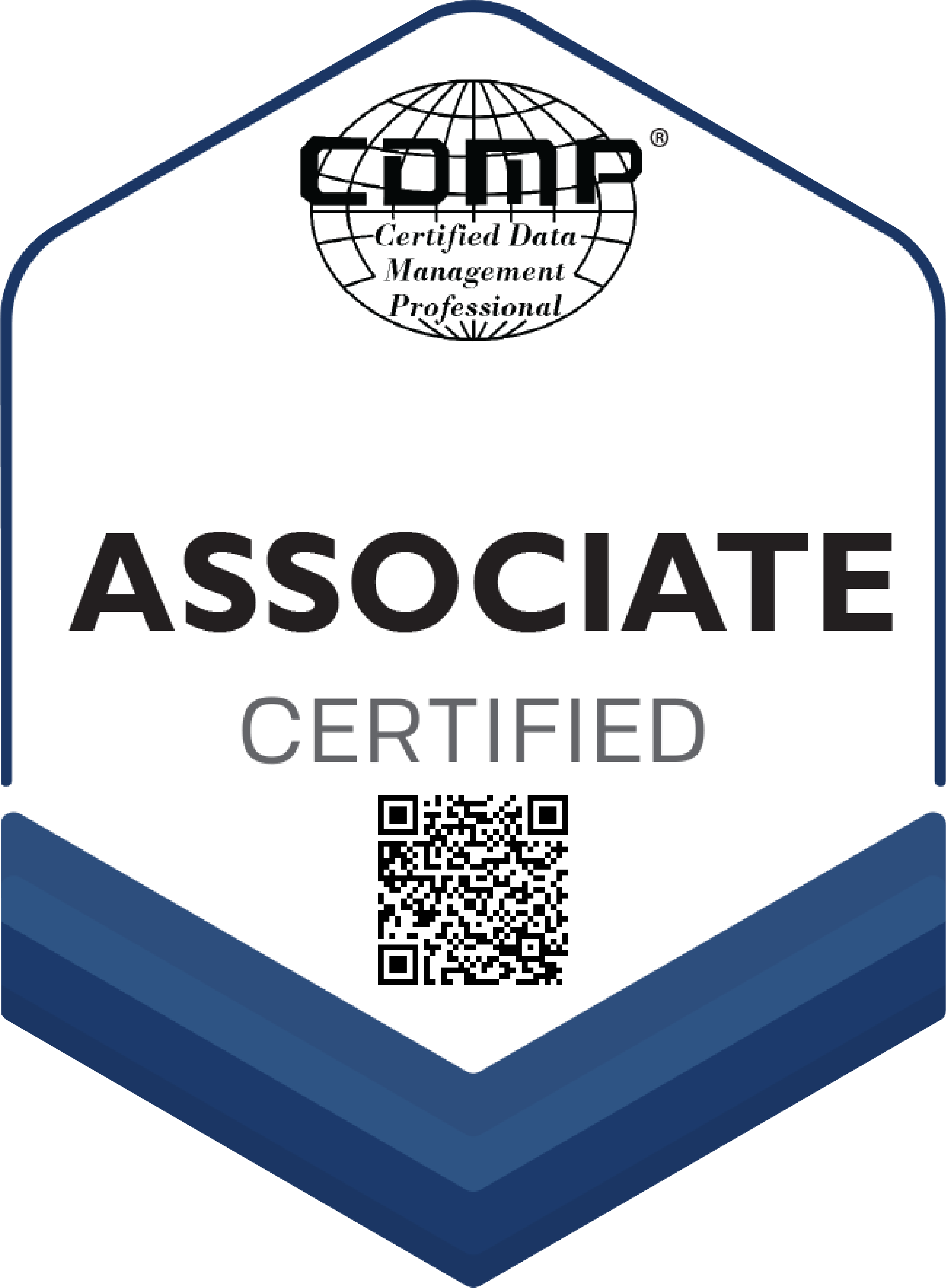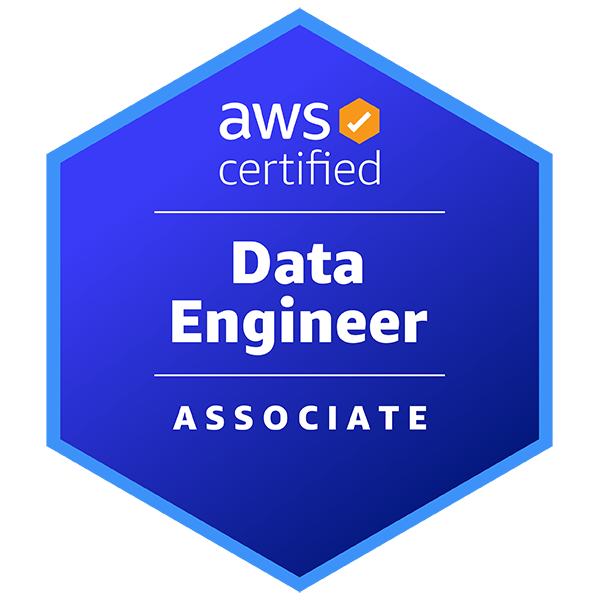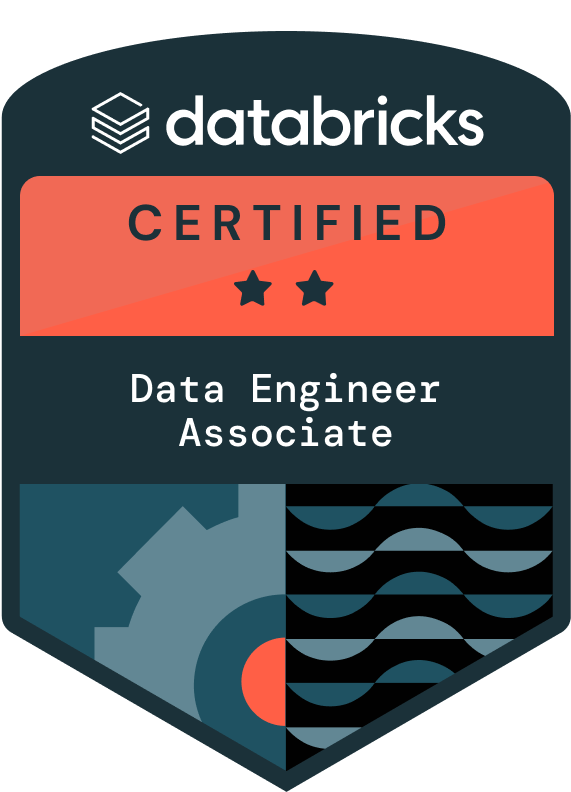← Back to Blog
Who is Kato? 👨🏻💻
As a Data Architect, also Sr. Data Engineer at FPT Software, working on enterprise healthcare data platforms, I've experienced firsthand how consistent learning and skill development creates a "data engineering compound interest" effect that accelerates both technical capabilities and career opportunities.
🎯 The Journey So Far
I started my career over 6 years ago as a data analyst, primarily using Excel, SQL, Python for reporting. Over time, I transitioned into more technical roles, learning Python with Big data processing framework for data manipulation, and eventually moving into data engineering.
As I gained experience, I took on more complex projects involving data lakes, warehouses, and real-time streaming with Kafka and Flink. Each new technology built on the last, creating a compounding effect in my skill set.
🏆 Core Data Engineering Certifications

🔥 Certified Data Management Professional (CDMP) - September 2025 - The globally recognized certification from DAMA International, validating my comprehensive data management expertise across all domains.

☁️ AWS Certified Data Engineer - June 2024 - This certification validated my cloud data engineering skills and immediately elevated my market value. Companies started reaching out with senior-level opportunities for data lakes, warehouses, and ETL processes.

🧱 Databricks Certified Data Engineer Associate - July 2025 - Specialized in lakehouse architecture, Spark SQL, and Python ETL pipelines. This certification positioned me as an expert in modern data platforms and multi-hop architectures.

🔧 IBM Data Engineering Professional Certificate - June 2023 - Foundation in Python, NoSQL, RDBMS, Hadoop, and Spark that gave me comprehensive data engineering knowledge.
📚 Specialized Learning Path
My continuous learning includes specialized courses that compound my expertise:
- Apache Spark Streaming 3 with Scala - Rock the JVM
- Azure Databricks & Spark For Data Engineers (PySpark/SQL) - Udemy
- The Complete dbt (Data Build Tool) Bootcamp - Udemy
- ETL and Data Pipelines with Shell, Airflow and Kafka - Coursera
- Modernizing Data Lakes and Data Warehouses with Google Cloud - Google Cloud Training
The compound effect was incredible: each certification didn't just add one skill—it multiplied my understanding of how different technologies work together in enterprise data ecosystems.
💡 Continuous Learning Moments
In my current role at FPT Software, I'm constantly learning while leading healthcare enterprise data platforms. Whether it's debugging a Kubernetes deployment at 2 AM, optimizing Spark jobs for better performance, or designing event-driven architectures with SpringBoot and Flink—every challenge teaches me something new.
My learning approach follows the compound interest principle:
- 🌅 Daily: Reading data engineering blogs, working with new technologies
- 📅 Weekly: Experimenting with different tools in sandbox environments
- 📖 Monthly: Completing online courses and certifications
- 🎯 Yearly: Taking on increasingly complex architectural challenges
Even small improvements compound over time. A better understanding of Spark partitioning improves all future ETL jobs. Learning Kubernetes unlocks microservices architecture possibilities. Mastering event streaming with Kafka opens doors to real-time analytics.
🎓 Teaching and Sharing Knowledge
One unexpected benefit of my learning journey has been the opportunity to mentor others at FUNiX Technologies School, where I guide aspiring data engineers through practical challenges.
Teaching forces you to really understand concepts deeply—when you can explain Spark's lazy evaluation or Kafka's partitioning strategy to someone else, you know you've truly mastered it. This creates another layer of compound learning that benefits both mentor and student.
💰 Data Engineering Compound Interest
This is exactly what I mean by Data Engineering Compound Interest: when you consistently invest time in learning new technologies, earning certifications, and building increasingly complex systems, the value accumulates exponentially.
Each skill compounds with others:
- Cloud services + containers = scalable data platforms
- AI + Data Engineering = Intelligent Data Solutions
- Streaming + batch processing = comprehensive data pipelines
- Architecture + domain knowledge = strategic technical leadership
The certifications aren't just pieces of paper—they're proof points of compound learning that open doors to bigger challenges and better opportunities. From healthcare to banking to ecommerce, each domain adds new dimensions to my architectural thinking.
🚀 The Compound Effect in Action
So if you're starting your data engineering journey, keep going. Learn systematically. Earn certifications. Build real systems. Even when progress feels slow, especially when progress feels slow.
The compound interest effect in data engineering is real, and it's incredibly rewarding when it kicks in. My journey from Excel-based reporting to architecting enterprise lakehouse platforms on Kubernetes is proof that consistent learning creates exponential opportunities.
🎯 Ultimately, this is the power of data engineering compound interest: consistent learning, systematic skill building, and persistent problem-solving always compound into career opportunities you never imagined possible.
For me, certificates are not an end in themselves. As far as I am concerned, it's about the progress to achieve all of that.